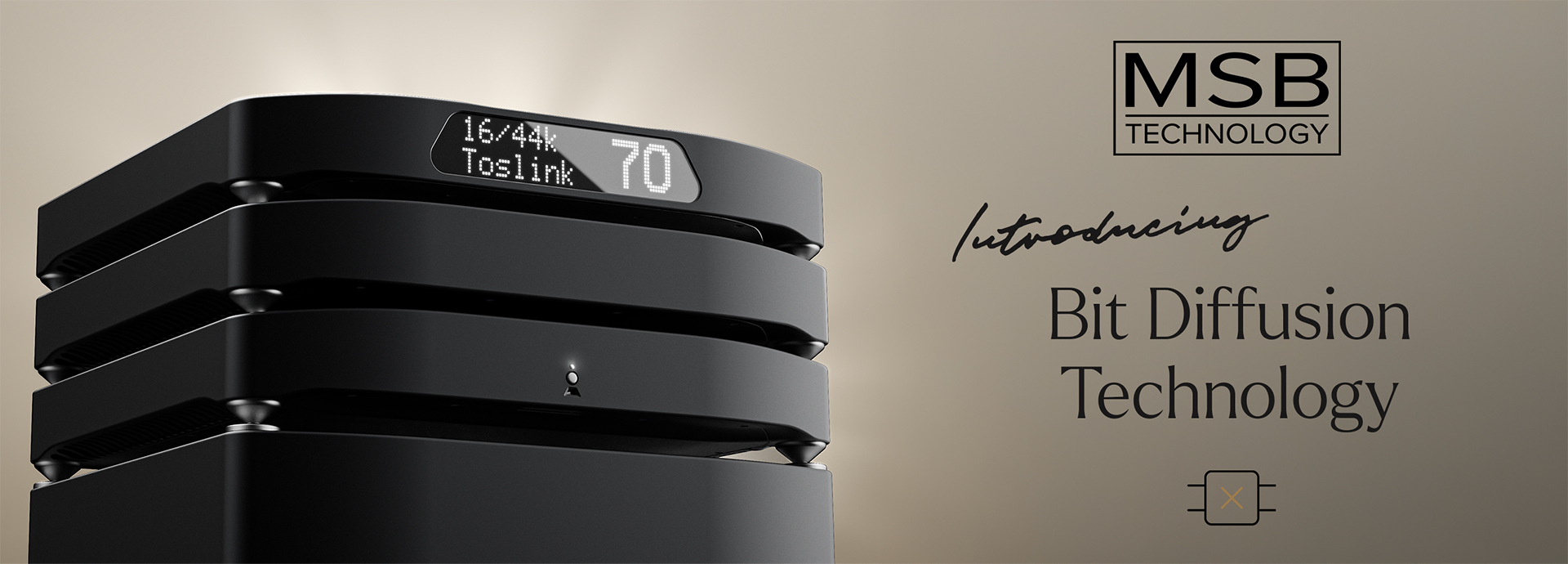1) Purely conceptually MikeL’s report (if I understand it correctly) that, in his experience, a digital recording tends to sound best when reproduced in the native format in which it was recorded, makes sense to me. Therefore, if I were ever in the market for a DAC (which I won’t ever be) I would want the flexibility of the all-format MSB (if I understand it correctly, which I might very well not).
2) In The Quest For Perfect Sound, the article I love by Edward Rothstein of The New Republic (December 30, 1985) explaining our passion for high-end audio, there is a quote to the effect that analog seeks to approximate perfection, but digital perfects an approximation.
If this is the case doesn’t it make some sense that double DSD and quad DSD might allow one to achieve a more accurate approximation?
2) In The Quest For Perfect Sound, the article I love by Edward Rothstein of The New Republic (December 30, 1985) explaining our passion for high-end audio, there is a quote to the effect that analog seeks to approximate perfection, but digital perfects an approximation.
If this is the case doesn’t it make some sense that double DSD and quad DSD might allow one to achieve a more accurate approximation?


